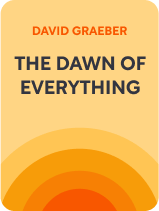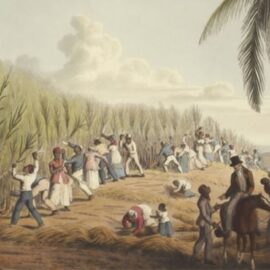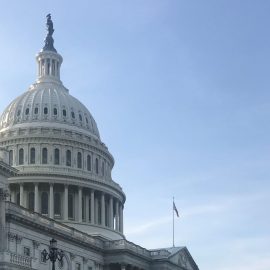

This article is an excerpt from the Shortform book guide to "The Dawn of Everything" by David Graeber. Shortform has the world's best summaries and analyses of books you should be reading.
Like this article? Sign up for a free trial here.
Did the adoption of agriculture truly result in a societal revolution? Does farming inevitably result in cultural hierarchies?
Scholarly discussions of equality and inequality tend to assume that inequality is a result of the rise of agriculture, according to David Graeber and David Wengrow. They argue that this conventional narrative is wrong.
Keep reading to learn how these researchers seek to debunk the myth of the agricultural revolution.
Debunking the Myth of the Agricultural Revolution
The authors say the dominant narrative is that the agricultural revolution (the adoption of farming) dramatically changed the way humans lived and that it led to formal social and economic inequality. Categories of bands, tribes, chiefdoms, and states are often presented as an evolutionary trajectory, wherein human societies inevitably go through this linear progression from the simple egalitarian band to the complex hierarchical state, with the degree of farming being tied to the degree of social inequality.
However, the idea of an agricultural revolution is something of a myth, according to Graeber and Wengrow. They point out that there’s evidence that people were cultivating crops since at least 10,000 BC, while major state-level societies didn’t happen until long after that. Also, they say, some societies have farmed and never become hierarchical states. For example, Çatalhöyük is an ancient site in Turkey that was settled around 7,400 BC and was occupied for around 1,500 years. Archaeological remains tell us that this community was engaged in foraging as well as raising animals and farming, and it doesn’t appear that there were any social distinctions in rank, including between men and women.
(Shortform note: The argument Graeber and Wengrow put forth here doesn’t make the distinction between what anthropologists call horticulture versus agriculture. Anthropologists are aware that people were farming long before what’s called the agricultural revolution—it’s large-scale intensive farming that’s associated with the revolution and the subsequent hierarchies. A society like Çatalhöyük would be considered horticultural, which actually isn’t conventionally associated with a high degree of inequality. On this point, the authors seem to be arguing against a claim that isn’t being made.)
Additionally, Graeber and Wengrow point out that there were non-agricultural societies that had the concept of private property, such as strict territorial boundaries, as well as the notion of the sacred, which can translate to “this is mine and you can’t have it.” And they point out there have been many farming societies that understood all land as communally owned.
So, the authors suggest that farming allows for the possibility of a hierarchical state to emerge, and it is conducive to notions of private property, but it doesn’t make these things inevitable, nor does it cause them to happen. Some cultures have intentionally chosen not to cultivate crops, and some have moved back and forth between farming and foraging.
(Shortform note: It could be argued that the authors’ accounts of ranked foraging societies are exceptions, not the rule, and that those are examples of “complex foragers.” Such societies became complex and ranked because they had a steady, abundant source of wild food. For example, those who lived near salmon-rich rivers were able to harvest and store a surplus of fish, which served the same purpose as farming. Anthropologists acknowledge that such groups exist. Graeber and Wengrow claim they’re more common than what could be considered exceptions to the rule, but some anthropologists disagree.)

———End of Preview———
Like what you just read? Read the rest of the world's best book summary and analysis of David Graeber's "The Dawn of Everything" at Shortform.
Here's what you'll find in our full The Dawn of Everything summary:
- How our beliefs about the evolution of human societies have been wrong all along
- An exploration of different notions of freedom and equality
- Thought-provoking questions about the inevitability of inequality






